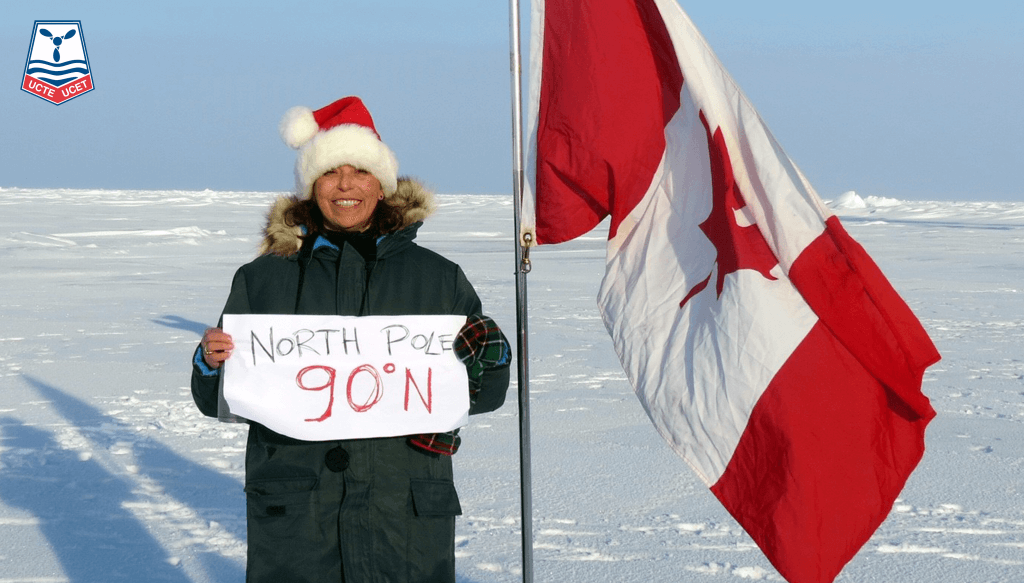Member profile: Walta-Anne (Walli) Rainey – Marine Geoscience Technologist with Natural Resources Canada
We decided to mark the end of Women’s History Month with a profile of a member who is a marine geoscience technologist for Natural Resources Canada (NRCan). Walta-Anne (Walli) Rainey has now been practising this profession for 16 consecutive years. She is also involved with her union as president of Local 80013.
Walli started her career a little later than most. Her life was full, but she nonetheless pursued her education with a major concentration in geology and geography at a school in Nova Scotia later in life. Toward the end of her degree, Walli started thinking about her future. Should she stay permanently in Nova Scotia or move on to new adventures in Alberta like most of her classmates? After talking with NRCan scientists and following her professors’ advice, she applied for positions in marine geology in Nova Scotia. When she was hired, she settled in to that province and never looked back.
Walli’s work is not ordinary. As a marine geoscience technologist, she deals with management of data related to the United Nations Convention on the Law of the Sea (UNCLOS) and also specializes in Geographic Information System (GIS) management. She collects and manages data to create maps of Canada. The gathering of data sometimes requires going on expeditions:
I take part in marine scientific expeditions in the Atlantic and High Arctic Oceans. I organize the computer equipment and consumables we need, and help gather the scientific equipment. On board, I’m responsible for GIS support, assisting with navigation processing, daily expedition plans, providing maps and graphs for daily reports and assisting the Chief Scientist.
Participating in expeditions can be very difficult sometimes. Walli has been to the High Arctic a few times. It wasn’t easy:
You have to spend long periods away from home on a Coast Guard vessel in all types of sea and ice conditions. Once we set sail, we don’t make landfall until the end of the trip. We work so far north that most of the time we don’t have access to the Internet or basic email. You work 12 hours a day, 7 days a week and even though you’re surrounded by fellow scientists and crew, you can feel very isolated.
Walli’s work weeks are all different, depending on the changes that nature brings. That work can include focusing on downloading data for a geographical area, dealing with network database problems, helping to organizing an international meeting or creating a large-format map for publishing. If all this happens at the same time, she would consider that a bad week.
Walli’s work motivates her every day to provide the best data and product to better define the geography of Canada. Her team and manager inspire her to excel. Variety in her work is something that stimulates her: “I have had the opportunity to travel the world, but my favourite destination was the North Pole. I’ve been there three times and I’d love to go back!”
